William Greatbatch (1735-1813), After John Partridge The Persian Princes - Reza Koolee Meerza, Najaf Koolee Meerza and Taymoor Meerza, Engraving, London, 1838 9cm x 13cm The tale of the three Qajar princes who came to London in 1836 to seek help from the British Government begins with the death of Fathali Shah in October 1834. The succession to the throne was hotly contested by several of his 50 sons. Abbas Mirza, who was widely accepted as Crown Prince during most of Fathali Shah’s reign had died one year earlier and thus re-opened the succession question. Prior to his death Fathali Shah had proclaimed Abbas Mirza’s eldest son, Prince Mohammad Mirza to be the new Crown Prince and appointed him Governor of Azarbaijan. A choice that was supported by both the British and the Russians. Upon Fathali Shah’s death, Prince Muhammad Mirza proclaimed himself Shah and set off with an army from Tabriz to Tehran to assert his claim. Fathali Shah’s two eldest son Prince Hossein Ali Mirza Farman Farma who was the Governor of Fars and his brother Prince Ali Mirza Zill-o Sultan who was the Governor of Tehran also declared themselves Shah and organized their own armies. The Russians and the British were firmly behind Prince Mohammad Mirza, to the extend that the prince’s army was commanded by the British Colonel Henry Lindsay-Bethune. Zill-o Sultan’s opposition collapsed as soon the Muhammad Mirza’s army reached the capital and Mohamamd Mirza was crowned Shah ten days later. Lindsay-Bethune went on to defeat the forces of Farman Farma, and Farman Farma was imprisoned in the capital. Three of Farman Farma’s sons, continued to oppose the new Shah with some tribal backing, but listening to their father’s advice eventually gave up and fled to England from where they were hoping to negotiate their father’s release with the help of the British and raise trouble for the new Shah in Iran. The journey was hazardous and involved lengthy stays at the British legations in Baghdad and Damascus. In Damascus, the British Consul General decided to appoint his chief dragoman, Assad Yacoub Kayat, as the Princes’ interpreter and accompany them to England. No documents survive which could explain why the British, who had helped Mohammad Mirza’s succession to the throne, were also aiding his potential rivals. The British probably thought that the Princes might one day prove to be useful allies. The young Shah let his dissatisfaction be known, but that did not prevent the British to arrange passage for the three princes and their secretary. They all arrived in England in May 1836. The visit created a big stir in England. The British Government tried to please the Princes but kept enough of a distance not to offend the Shah. One of their official hosts in London was James Baillie Fraser Several books were published describing this royal visit. Najaf Qoli wrote a description of their stay in Britain (Najaf Koolee Meerza [Assad Yacoob Kayat, ed. & tr.]: Journal of a Residence in England and of a Journey from and to Syria, of their Royal Highnesses Reza Koolee Meerza, Najaf Koolee Meerza and Taymoor Meerza, of Persia. London, W. Tyler, 1839. 2 volumes) which was translated by Asad Yacoub Kayat, Kayat wrote a book himself (Kayat, Assad Yacoob: A Voice from the Lebanon; with the Life and Exploits of Asaad Y. Kayat. London, Madden, 1847) as did Fraser (Fraser, James Baillie: Narrative of the Residence of the Persian Princes in London in 1835 and 1836. London, Richard Bentley 1838. 2 volumes). The three princes did not stay long in Britain, they returned to Baghdad where they remained under the protection and on the payroll of the British. The princes eventually abandoned hope of stirring up rebellion in Persia, but reconciliation with Mohammad Shah remained elusive. Najaf Qoli Mirza appears to have died in exile. Teimur Mirza and Reza Qoli Mirza returned after the accession of Nasser al-Din Shah to the throne. Reza Qoli Mirza unfortunately died en route near Kermanshah
William Greatbatch (1735-1813), After John Partridge The Persian Princes - Reza Koolee Meerza, Najaf Koolee Meerza and Taymoor Meerza, Engraving, London, 1838 9cm x 13cm The tale of the three Qajar princes who came to London in 1836 to seek help from the British Government begins with the death of Fathali Shah in October 1834. The succession to the throne was hotly contested by several of his 50 sons. Abbas Mirza, who was widely accepted as Crown Prince during most of Fathali Shah’s reign had died one year earlier and thus re-opened the succession question. Prior to his death Fathali Shah had proclaimed Abbas Mirza’s eldest son, Prince Mohammad Mirza to be the new Crown Prince and appointed him Governor of Azarbaijan. A choice that was supported by both the British and the Russians. Upon Fathali Shah’s death, Prince Muhammad Mirza proclaimed himself Shah and set off with an army from Tabriz to Tehran to assert his claim. Fathali Shah’s two eldest son Prince Hossein Ali Mirza Farman Farma who was the Governor of Fars and his brother Prince Ali Mirza Zill-o Sultan who was the Governor of Tehran also declared themselves Shah and organized their own armies. The Russians and the British were firmly behind Prince Mohammad Mirza, to the extend that the prince’s army was commanded by the British Colonel Henry Lindsay-Bethune. Zill-o Sultan’s opposition collapsed as soon the Muhammad Mirza’s army reached the capital and Mohamamd Mirza was crowned Shah ten days later. Lindsay-Bethune went on to defeat the forces of Farman Farma, and Farman Farma was imprisoned in the capital. Three of Farman Farma’s sons, continued to oppose the new Shah with some tribal backing, but listening to their father’s advice eventually gave up and fled to England from where they were hoping to negotiate their father’s release with the help of the British and raise trouble for the new Shah in Iran. The journey was hazardous and involved lengthy stays at the British legations in Baghdad and Damascus. In Damascus, the British Consul General decided to appoint his chief dragoman, Assad Yacoub Kayat, as the Princes’ interpreter and accompany them to England. No documents survive which could explain why the British, who had helped Mohammad Mirza’s succession to the throne, were also aiding his potential rivals. The British probably thought that the Princes might one day prove to be useful allies. The young Shah let his dissatisfaction be known, but that did not prevent the British to arrange passage for the three princes and their secretary. They all arrived in England in May 1836. The visit created a big stir in England. The British Government tried to please the Princes but kept enough of a distance not to offend the Shah. One of their official hosts in London was James Baillie Fraser Several books were published describing this royal visit. Najaf Qoli wrote a description of their stay in Britain (Najaf Koolee Meerza [Assad Yacoob Kayat, ed. & tr.]: Journal of a Residence in England and of a Journey from and to Syria, of their Royal Highnesses Reza Koolee Meerza, Najaf Koolee Meerza and Taymoor Meerza, of Persia. London, W. Tyler, 1839. 2 volumes) which was translated by Asad Yacoub Kayat, Kayat wrote a book himself (Kayat, Assad Yacoob: A Voice from the Lebanon; with the Life and Exploits of Asaad Y. Kayat. London, Madden, 1847) as did Fraser (Fraser, James Baillie: Narrative of the Residence of the Persian Princes in London in 1835 and 1836. London, Richard Bentley 1838. 2 volumes). The three princes did not stay long in Britain, they returned to Baghdad where they remained under the protection and on the payroll of the British. The princes eventually abandoned hope of stirring up rebellion in Persia, but reconciliation with Mohammad Shah remained elusive. Najaf Qoli Mirza appears to have died in exile. Teimur Mirza and Reza Qoli Mirza returned after the accession of Nasser al-Din Shah to the throne. Reza Qoli Mirza unfortunately died en route near Kermanshah
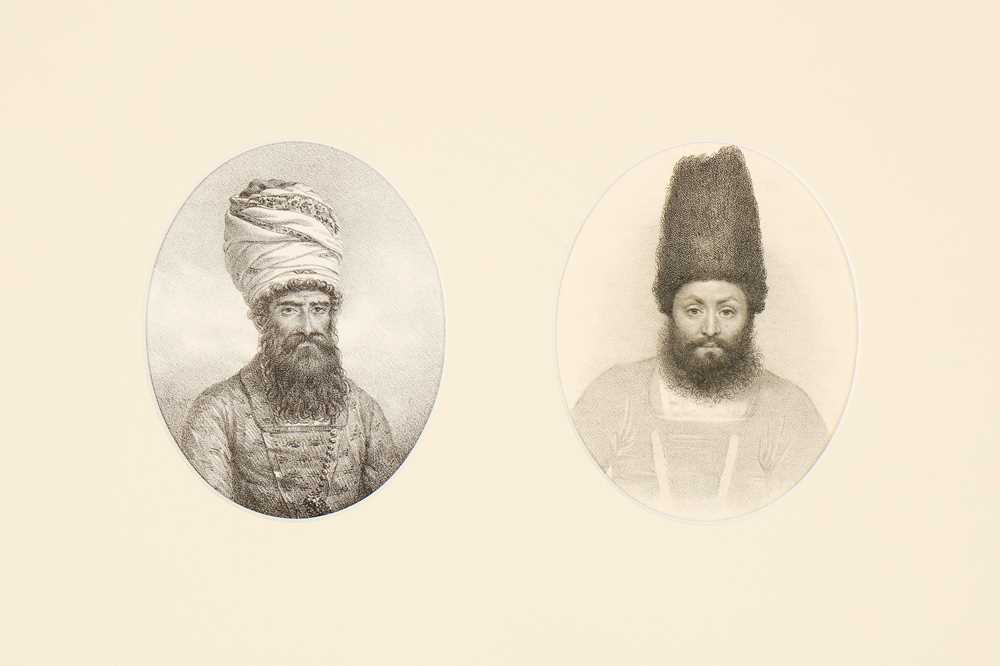
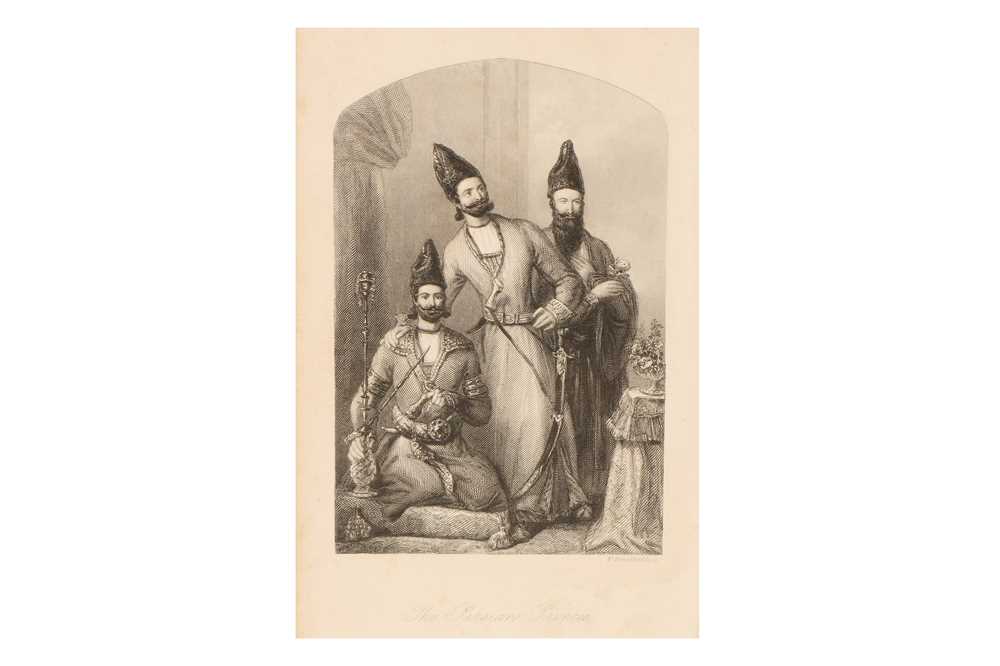
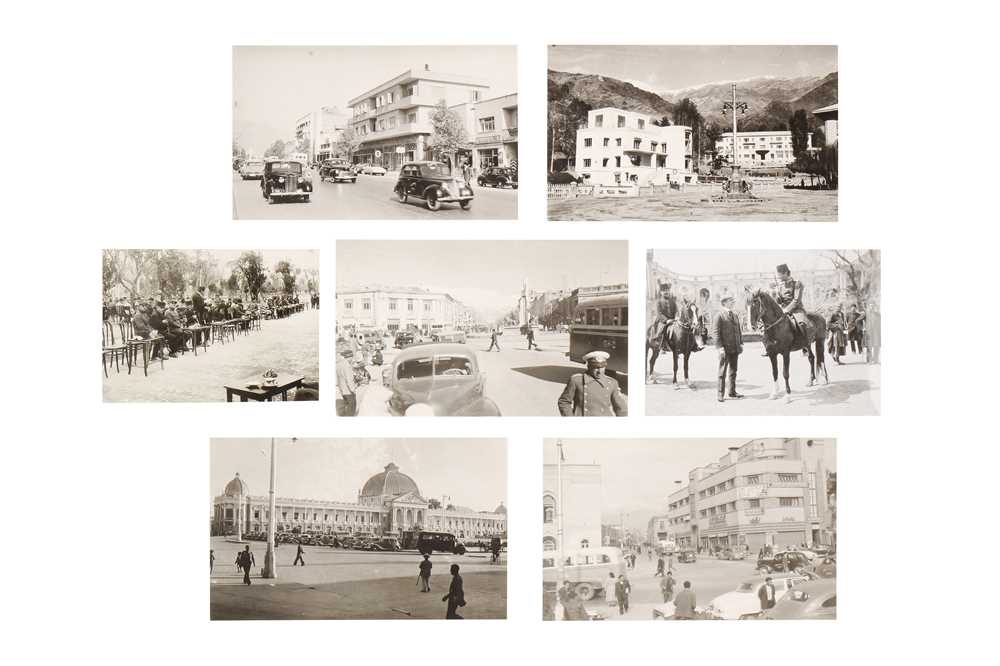
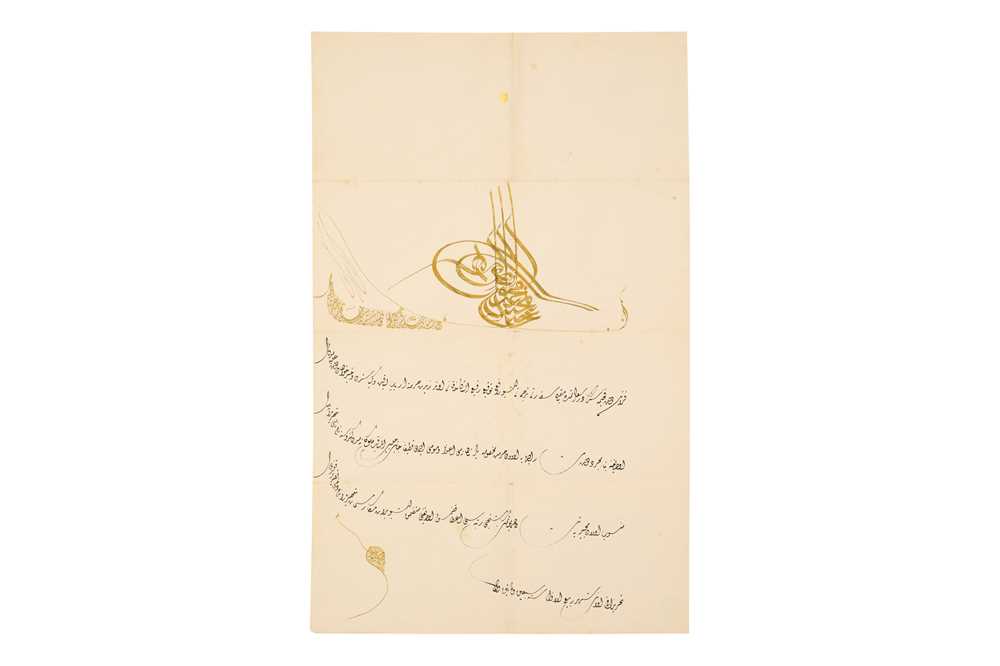
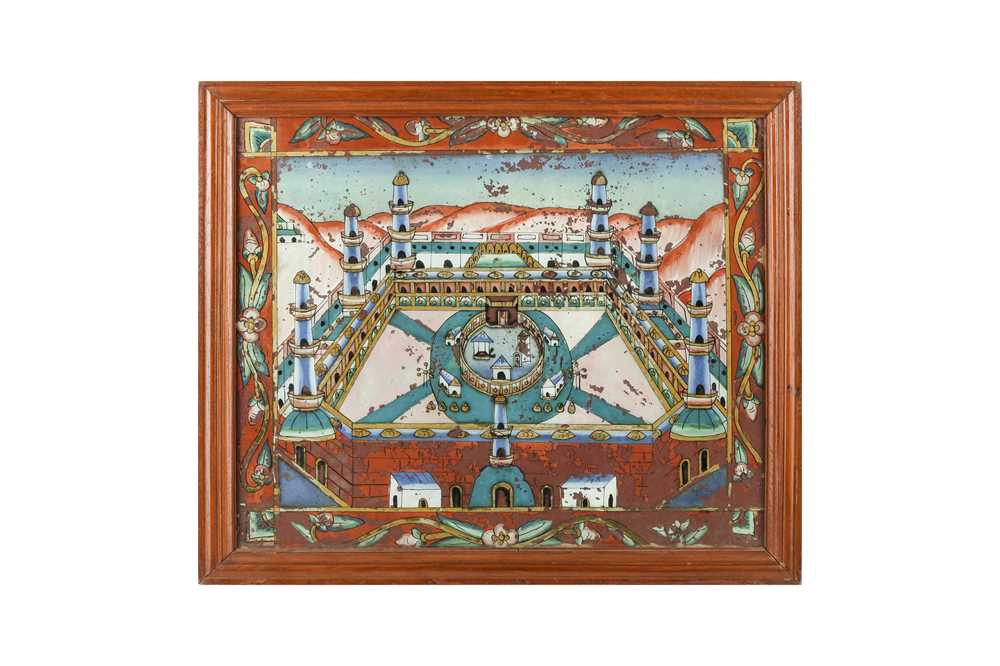
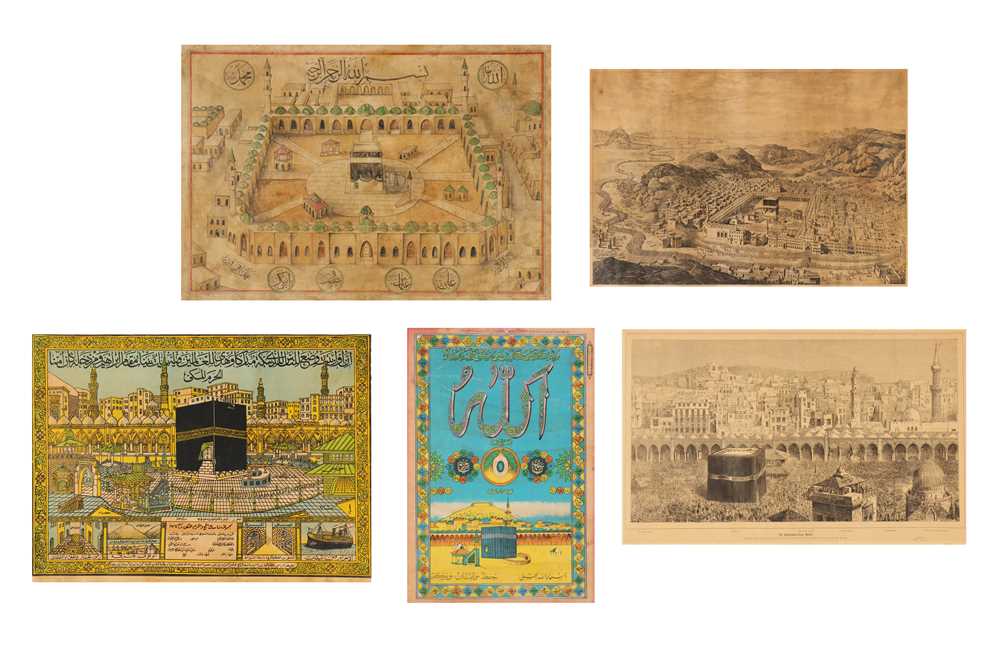
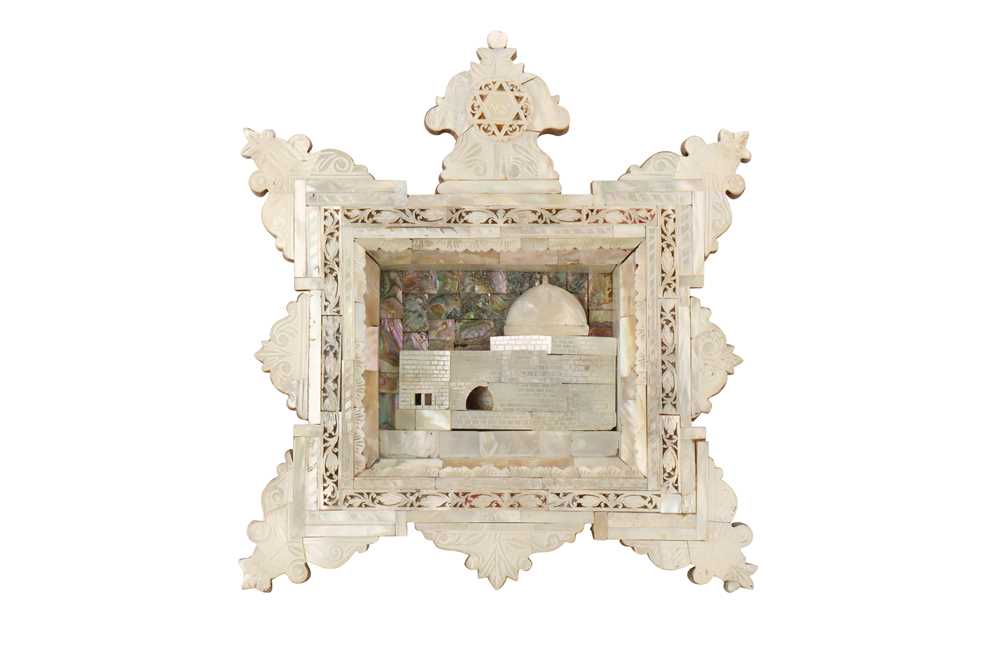
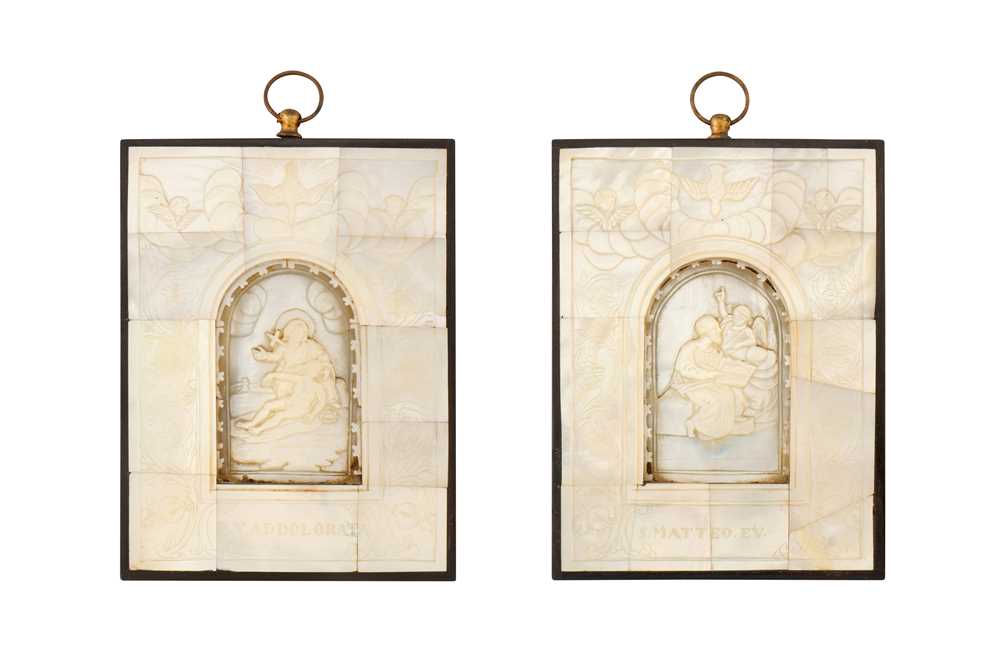
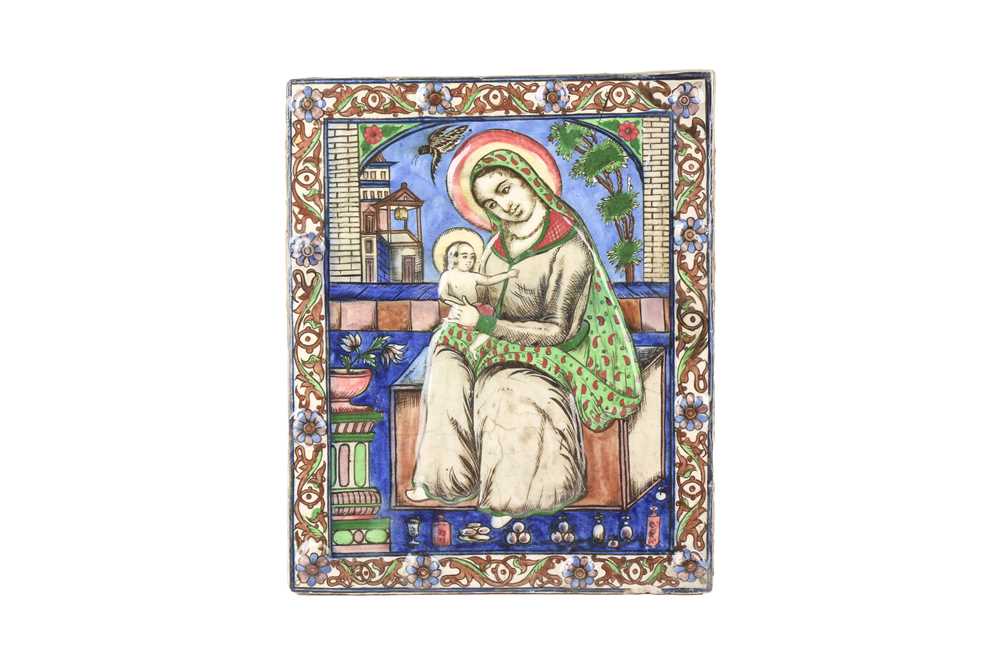
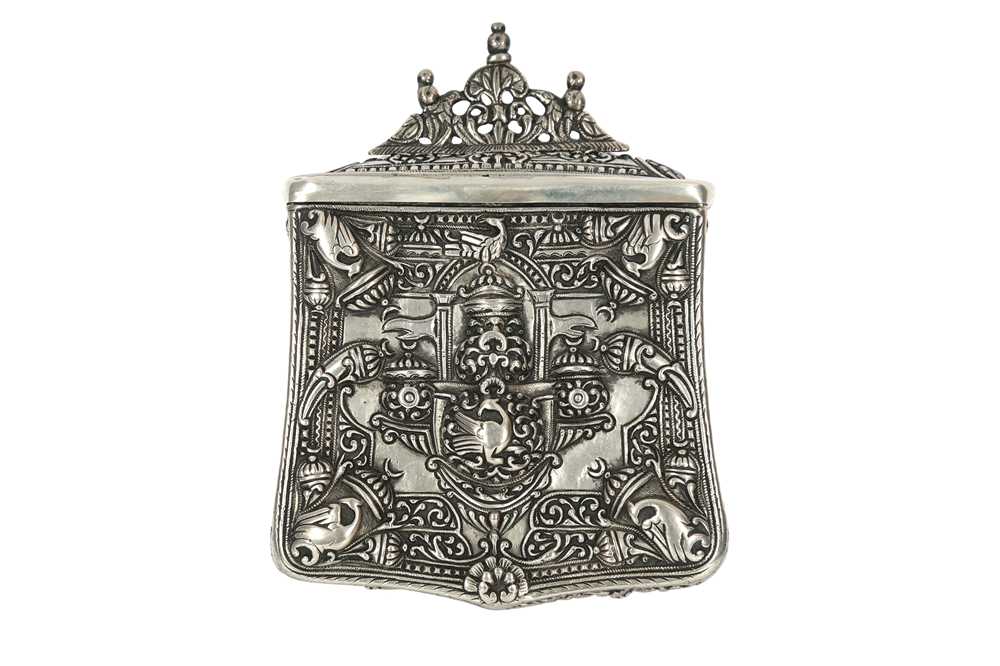
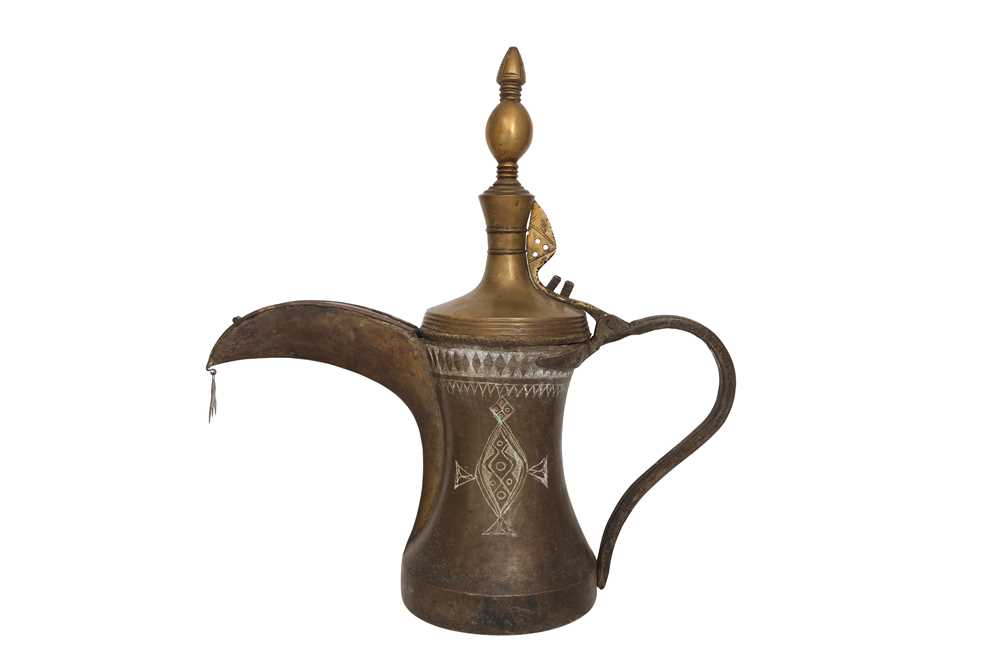
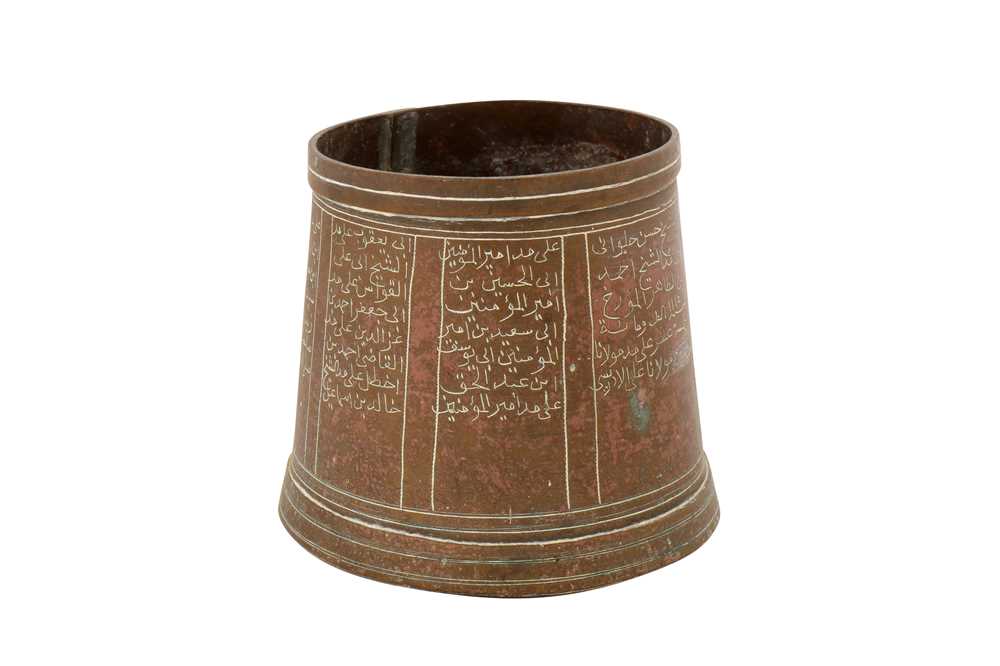
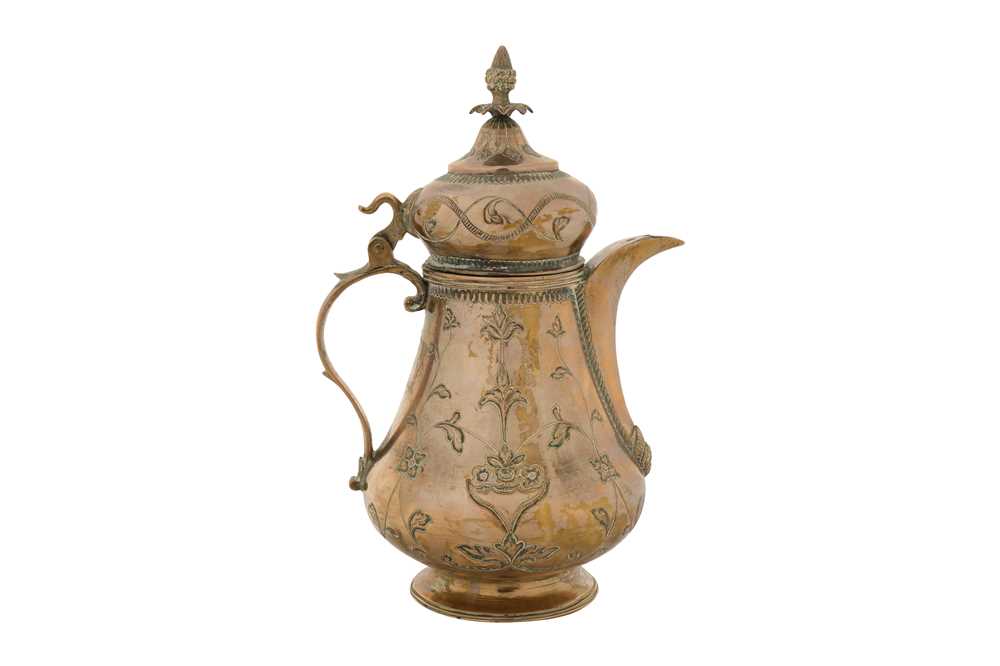
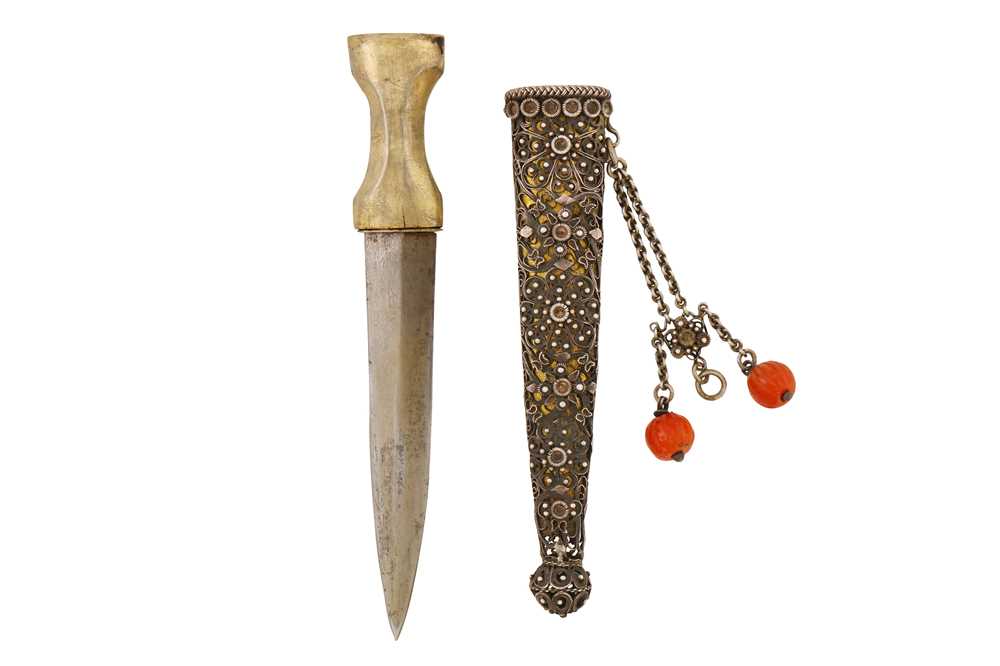
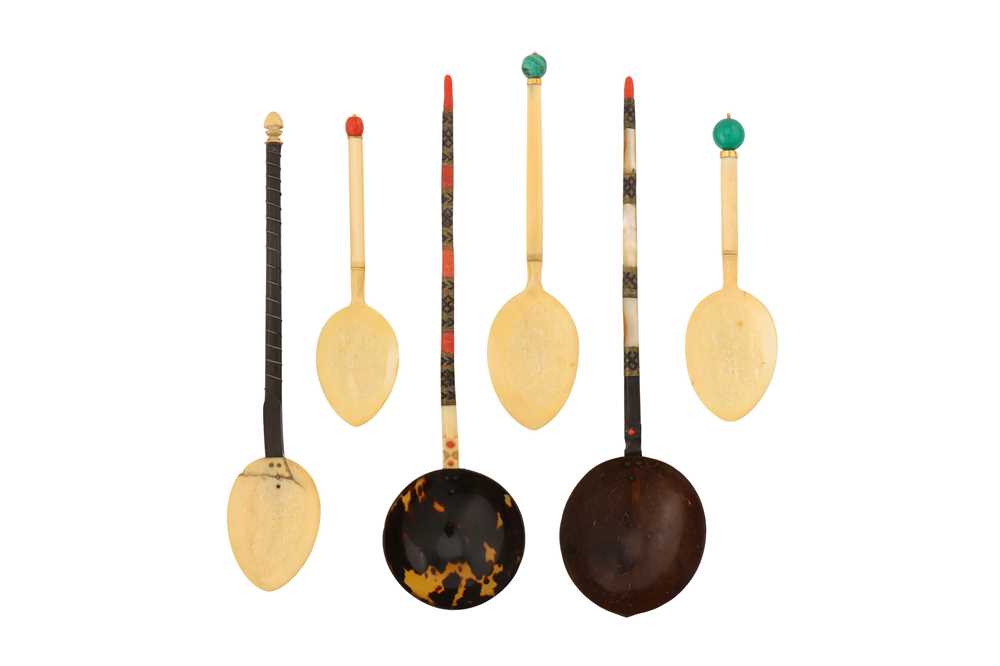
Testen Sie LotSearch und seine Premium-Features 7 Tage - ohne Kosten!
Lassen Sie sich automatisch über neue Objekte in kommenden Auktionen benachrichtigen.
Suchauftrag anlegen